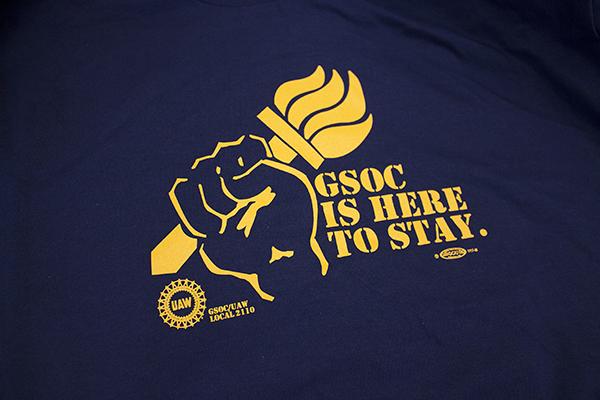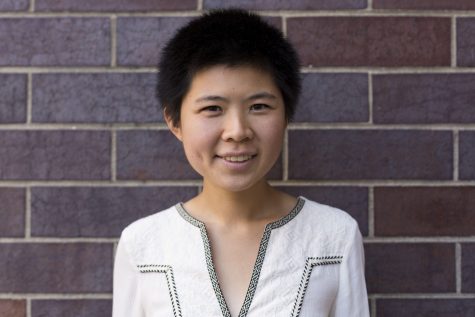Graduate student workers feel GSOC taxes unfair

Graduate students are raising concerns over taxation for being a member of GSOC. (WSN File Photo)
October 29, 2015
Graduate student workers raised concerns about GSOC-related taxes, which take 2 percent of both student wages and stipends. Some students were unaware of these dues, and some are realizing that the rates are higher than previously expected.
James Graham, a second-year economics doctoral student who is working as a teaching assistant, learned that this 2 percent tax on wages and stipends amounted to between 6 to 15 percent of their wages.
“What we were not aware of is that the union is now a compulsory thing that sits there, and they’re able to take fees from your wages,” Graham said. “The stipend is agreed between you and your department or university, so it doesn’t seem to have anything to do with the union or your work.”
Graham only discovered this when he and a few friends emailed the union to see if joining was mandatory.
“I don’t know what the law is,” Graham said. “If we sign up for the union, it gives them permission to take that amount out of your pay before it comes to you, but if you don’t sign up, I guess they come to get it off you.”
This amount of money is either characterized as a due or an agency fee. Patrick Gallagher, an organizer for United Auto Workers Local 2110 and elected guide of its executive board, explained that this policy exists for any student in a bargaining position unit. Outlined in the GSOC contract with NYU, that covers teaching, laboratory, research, graduate and course assistants, as well as graduate students who teach classes.
“The public safety personnel have a union, the janitorial staff has a union, the clerical and technical support staff have a union too. The adjunct faculty, they have one as well,” Gallagher said. “As members of United Auto Workers Local 2110, the dues rate is 2 percent, and anyone who works in a bargaining unit position is required to pay two percent for either dues or agency fees.”
Keith O’Hara, who has been a teaching assistant at NYU for the past three academic semesters, finds the union does not benefit him, and he said that many of his peers did not know of the stipend tax. Doctoral candidates in Computer Science and the Stern School of Business also believed that the 2 percent only affected wages.
“Most students rightly assumed that the dues would come from teaching — or research assistant-related compensation and that our stipend-related funding would not be touched,” O’Hara said. “Our issue with the Union is simple: dues on stipends represent a completely unreasonable and totally exorbitant claim on our already tight financial resources.”
Graham actively tried to bring this issue to light by emailing those affected throughout the Economics, Stern and Political Science departments.
“Beyond that, we don’t really know what to do,” Graham said. “We could start an anti-union or just a group that can put pressure on the union to change this specific policy.”
Email Diamond Naga Siu at [email protected].

























































































































































